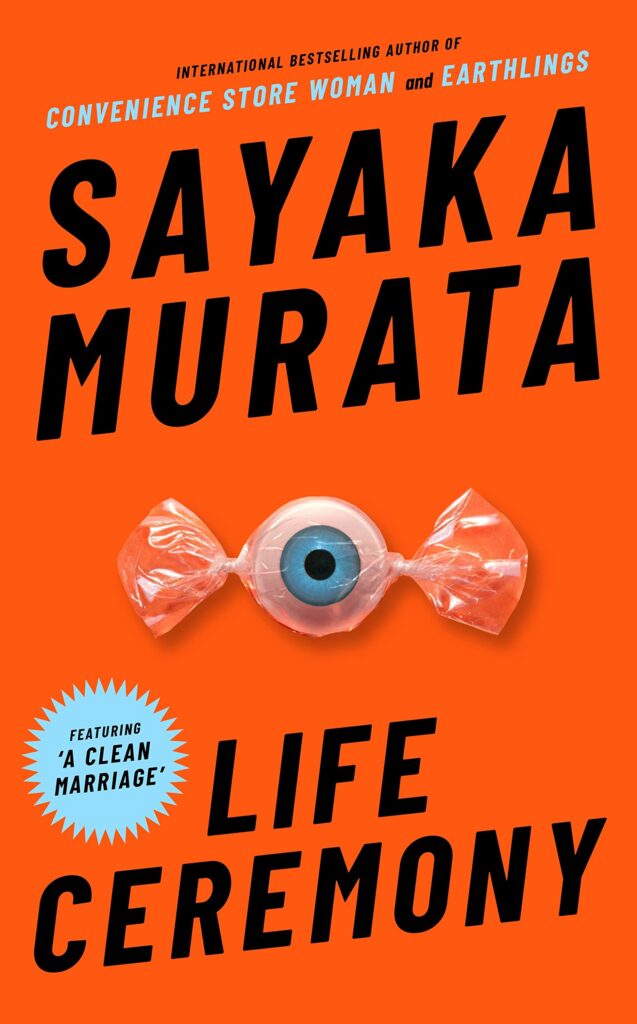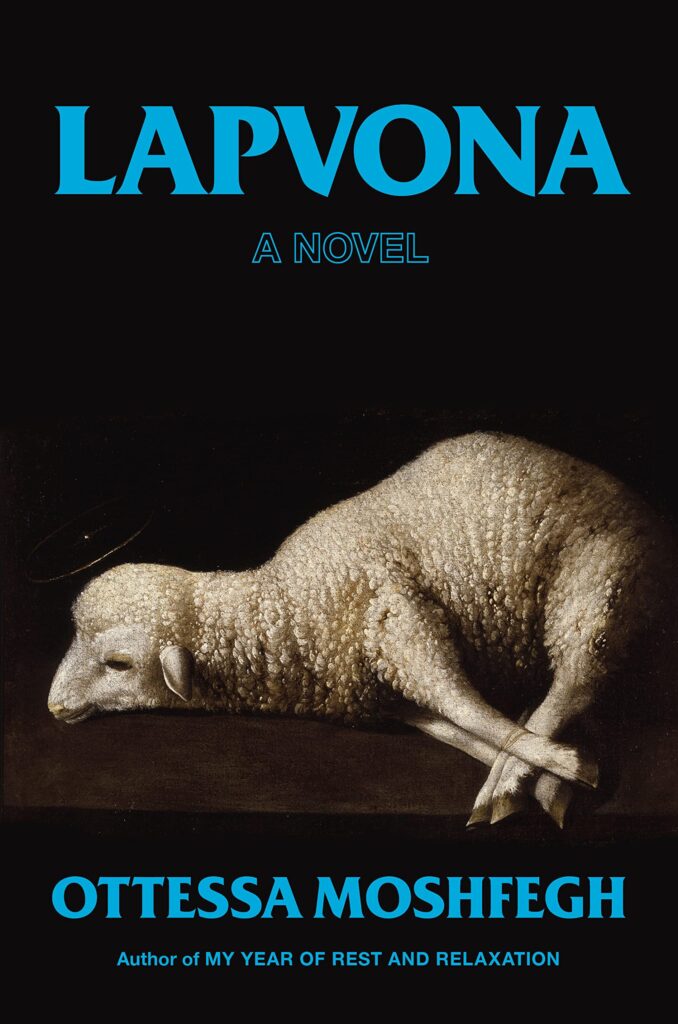
The summer before senior year at Berkeley, Hua Hsu’s friend Ken is killed in a carjacking. The tragedy happens hours after Ken’s housewarming party, a moment that, even stripped of the narrativizing that comes with retrospection, signaled adulthood—its inevitability, its coherence. Leaving the party early, Hsu half-promised Ken to go swing dancing with him the next day, a plan he’d delayed many times. Its frivolity offended his stubbornly curated persona: his esoteric music, his zine, his “showy, disciplined zig to everyone else’s sloppy zags.” Though he grated against most mainstream tastes, including that Ken—a fellow Asian American—belonged to a frat, he loved Ken, with whom he existed as “a mismatched pair moving through the world. We noticed the same things.”
After, there was no swing dancing. The promise of progression collapsed. Hsu turned more obsessively to writing and to blaming himself for the events of the night, and his friends moved on in their separate ways. A few years later, returning to Berkeley on grad school holiday break, Hsu reflected: “How much of the confusion surrounding our paths was generic postcollege stuff, and how much of it owed to how our lives had been recalibrated around these new scales of fear and failure?”
In this way, though Stay True is about Ken—and succeeds as a full, uncompromising portrait—it’s also an attempt to understand why one’s life is the way it is. It’s a typology, a disaggregation of all that has potentially (re)calibrated Hsu’s life: the immigrant story that his Taiwanese parents can be fitted into (and that the book then moves an appropriate distance away from, to its credit); the American music he inherits from them and discovers for himself; his discovery of Asian America; his political involvements; his experience teaching at San Quentin; a few girlfriends and a few academics.
As I read, I wanted to thank Hsu for a bundle of successes: for being a very good writer and a remarkably reflexive personal archivist, for modeling what it means to write “with love and duty” about another person, for crafting an anti-eulogy. And for his own grace. He forgives himself for his own college-aged snobbery, his animating mission to be different, and his consuming guilt for Ken’s death. The latter is eased by visiting a campus therapist in grad school (they are offered a free semester, Hsu writes, so everyone’s going). The last pages capture the last session. In it, he thanks his therapist for a key insight, one more profound than the dawning conviction that he is “legendarily self-involved”: he has learned “what to explain and what to keep secret.” This memoir, and the brilliant attunement it demonstrates, is the product of this lesson of restraint.
–Claire Shang

Sayaka Murata’s prose is deadpan. She is straightforward – no frivolities– she has a knack for dark insight into everyday behavior cut down into a few simple words. Her newest book, Life Ceremony, is another display of this incredible talent. The characters are a mix of old ladies and young women who undergo transformation in the most absurd and unlikely places. By mixing taboo-breaking body horror with feminist revenge fables, Murata starts to push at the ordinary until it unravels into unusual shapes. The 12 stories within this collection attempt to turn tradition and the norms of society on their head– making us re-evaluate our values by seating us in a frighteningly abnormal world. In the story “A First-Rate Material,” we follow two happy couples, Nana and Naoki, but while their marriage and relationship appear normal, the world they exist in is not. Their marriage is threatened by Naoki’s disgust with the conventional use of deceased people’s bodies for clothing, accessories, and furniture. The disgust infringes on their marriage, causing a disagreement that threatens to derail their perfect wedding.
Taking us outside of our norms, Murata does the work that science fiction strives to do by affecting an investigation into the notions of social norms and taboos. Across these twelve stories, Murata continuously challenges our coached, potentially pavilion ideas, movements, and ways of thought. ‘Instinct ‘doesn’t exist. Morals don’t exist,‘ she writes, ‘they were just fake sensibilities that came from a world that was constantly transforming.’ Hold your tongue. Close your ears. And really think about whose sensibilities you are serving– the answer might be as disturbing as the societies in “Life Ceremony.”
— Judy Xie

Lapvona opens with an epigraph from Demi Lovato and follows it with Ottessa Moshfegh’s opening lines of slaughter and devastation. In this way, Moshfegh reminds us of her simple project within the novel: maybe, once, things were beautiful – but they aren’t anymore. Demi Lovato’s quote in the novel’s epigraph, “I feel stupid when I pray,” takes on new meaning by the end of Lapvona’s macabre voyage through a year in the eponymous fiefdom. Moshfegh’s characteristic penchant for gruesome imagery doesn’t hold back in shredding any ounce of hope readers might have for the characters in her novel or the God that they desperately depend on. But what sets Lapvona apart from her other, similarly-disturbing reads, is the third-person narrator; Moshfegh’s prior works all share the gift of living in her characters’ troubled minds. Her narrator in Lapvona is a departure in tone that isn’t afraid to cradle me like a baby and dash me against the rocks in showing me the wholeness of her horror. Moshfegh’s narrator is written with a bluntness that doesn’t just pervert the beauty of how each character survives their year of terror, but also grabs my head and forces me to look at the bloody remains of any faith they might have carried along the way.
Lapvona is structured into four sections by seasons: spring, summer, winter, and spring’s return. Though the omniscient narrator draws our gaze to every character’s plight in the medieval village of Lapvona, we focus on Marek, a young orphan “disfigured by birth,” who is thrust into lordship after he accidentally murders the lord’s heir. Marek’s life is miserable and plagued with violence, much like the protagonists of Moshfegh’s other work, but his perpetual innocence worsens how we experience the horrors in his life: “But for now he was trapped in his childhood. Jacob liked that about him. It made Marek easy to manipulate.” Though we figure Marek as a lamb at the butcher’s, most of the other characters are similarly doomed. Marek’s father, Jude, is chased by both his guilt and violent fantasies, while Lispeth, Marek’s new servant, endures endless sadism at the hands of her superiors. It might be possible to feel pity for each character, such as when Jude turns to cannibalism to feed himself, or when Lispeth is made to eat a grape that Marek has rubbed against his anus. But once we sit with the indulgently perverted imagery throughout the novel, it’s hard to feel anything other than raw disgust. The horrors in Lapvona are almost pornographic in their brutality, leaving readers with only the questionable satisfaction of having endured a year of bloodbath (among other bodily fluids).
Still, the book is not without its humor at points, granting us brief moments of humanity just so we’re reminded of how much there is to lose. I’m reminded of the novel’s final pages: a wry exchange between Lord Villiam, Lapvona’s hedonistic and indolent lord, and Father Barnabas, Lapvona’s corrupt priest: “‘Did anybody see me trip on the steps of the church?’ he asked Father Barnabas. ‘Nobody noticed. They were all too stunned by your lordliness.’” Granted, only a few pages later, the novel returns to the horrors contained within the Lord’s manor, but the brief amusement we are afforded is a refreshing gasp of air amid Moshfegh’s desolation. Moshfegh is deliberate in her balancing act of grimdark and sarcastic wit, teasing her readers with absurd scenarios that get us nervously laughing. The novel’s last scene, where Marek holds a baby, is similarly reminiscent of the shock and horror that undergirds her narrator’s brutal observations: “It was true that the baby was something very valuable. Anyone would be completely hypnotized by its beauty. It was so perfect and small. It would be easy to throw it.” Armed with this line, I return to the novel’s epigraph, where I’m given a horrible new realization: if Lapvona is a world devoid of faith, what fills its absence is worlds worse.
–Ari X

Rarely do I encounter a work that speaks more to its zeitgeist than Chen Chen’s most recent poetry collection, Your Emergency Contact Has Experienced an Emergency. While the subjects discussed are undeniably tragic—the racism Chen experiences as an Asian American, the Pulse nightclub shooting, his mother’s refusal to acknowledge his queer identity—the collection as a whole drips with sardonic humor. Chen manages to walk the fine line between mockery and hilarity without detracting from the collection’s impact. In order to do this, Chen references everything from Britney Spears to My Neighbor Totoro to Costco, creating a familiarity between himself and the reader, as if to say “we’re in this mess together.” These moments center Chen firmly in our shared here and now, allowing Chen to highlight his perceived otherness (as a queer person, as an Asian American) while maintaining his position as a recognizable subject. Throughout the collection Chen is denied his humanity by his parents who wish him dead, the truck driver who cannot see him in the dark, the grocery clerk who sees him as only a contagion risk; yet, Chen responds with a humor and humility that leaves no gap between the public and private, bringing us into his own internal anguish and conflict. Chen’s mix of subject matter, from the brutality of violent death to the marveling of “whenever poop comes out as one true Platonic tube” (from “Winter [Big smelly bowel…]”), forefronts Chen’s shared humanity as a response to the multiple attacks meant to other him.
The work is almost beyond critique. It is simultaneously funny and deeply tragic, the kind of work to make you question the very boundaries of comedy and tragedy. If I were to offer one suggestion to Chen it would be that for all the discussions of his dog Mr. Rupert Giles, there is a shocking lack of photos, the addition of which would surely secure the collection as one of the best of our time.
–Cissa Barbosa
